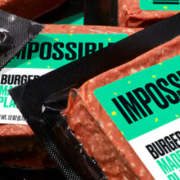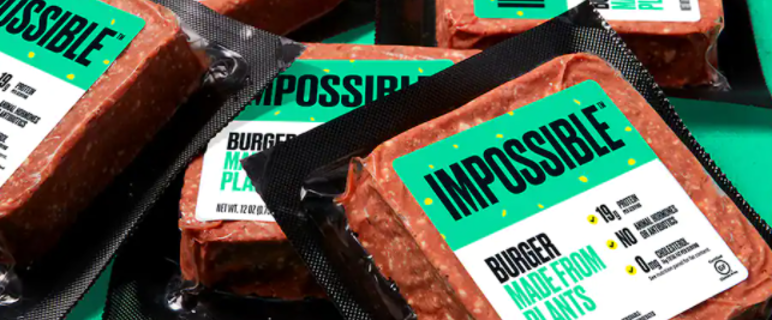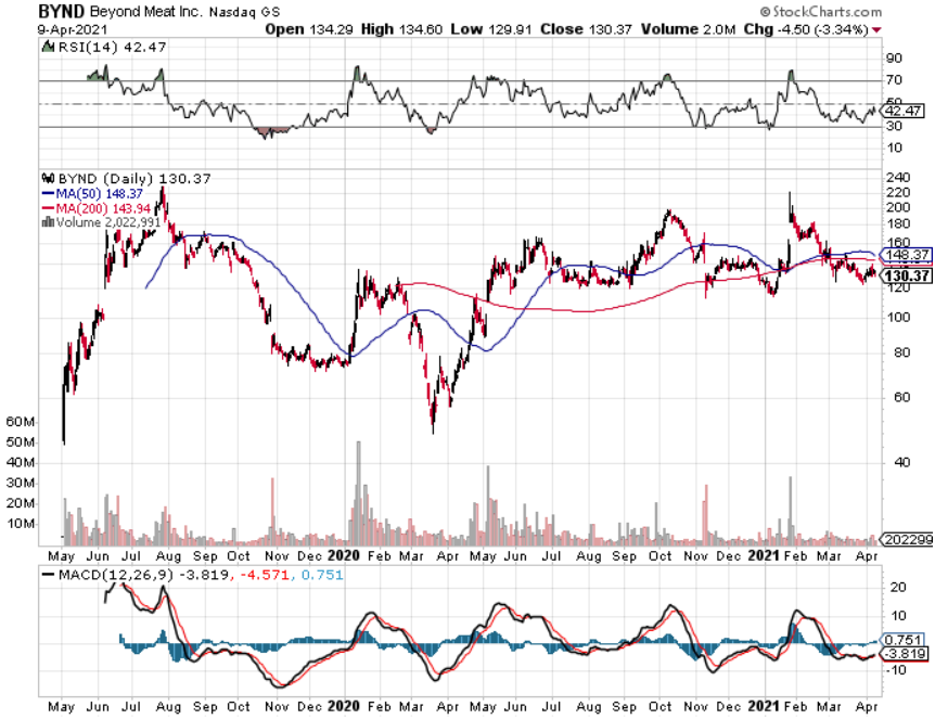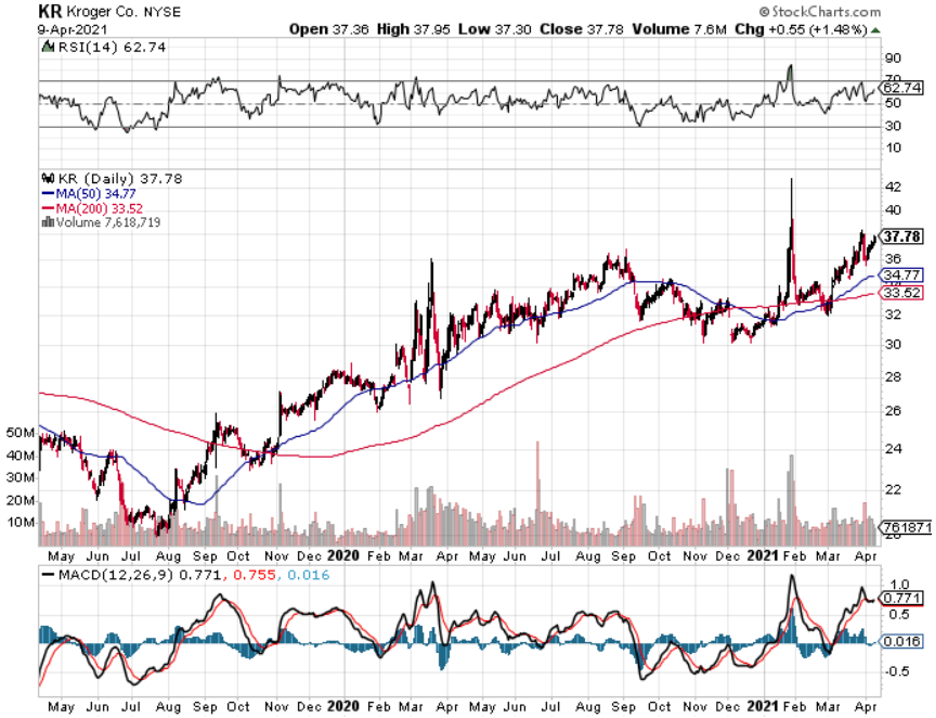Should I Buy The Beyond Meat Dip?
Beyond Meat (BYND) will most likely retrace back to $90 from its current share price of $130.
The pandemic was a nightmare for most food companies and for the ones that deliver products to restaurants, it was a catastrophe.
BYNDs net revenues of $101.9 million in the fourth quarter of 2020, an increase of 3.5% compared to the fourth quarter of 2019, were in line with expectations of atrocious numbers.
Growth companies are expected to grow 40% year over year each quarter and in a year where many tech companies experienced 5 years of digital transformation in 1, BYNDs performance was quite pitiful.
It could have been worse for BYND.
The loss they experienced in the food service channel was difficult, but sales were partly made up by growth in net revenues in the fourth quarter driven by a 7% increase in volumes sold largely aided by the retail (this is what they call eating BYND burgers at home) channel.
Q4 retail channel sales were up a full 85% year over year, which helped mitigate the 54% year-over-year decline in Foodservice.
The pandemic’s damaging effect was large on supplying places including amusement parks, sports arenas, academic institutions, hotels, corporate catering services, and others.
The 85% uptick in retail growth couldn’t compensate for the drop off in food service channels much like Uber and the Uber Eats conundrum.
Households continued to buy BYND products, and they bought them more frequently.
On average, they're spending more per household on non-meat products.
Another silver lining is in international retail, they saw a sequential acceleration of growth from Q3 to Q4.
International retail net revenues increased 139% year over year, driven mainly by distribution gains in Canada, including in the club stores, where they had no presence in the prior year.
As 2021 develops, we will see a flip in numbers as consumers start to visit their favorite eateries and are less inclined to grill BYND burgers on the patio grill.
This only injects more uncertainty into the numbers for BYNDs management and the headway they made in the retail channel could be mostly given back.
Naturally, BYND burgers just isn’t that software program that is essential, and the business of food tech is still fighting with the business of normal food like real meat such as cow-based beef and pig-based pork.
Many software programs simply do not have to duel with their analog selves which is why any sort of meaningful investments into a company like BYND is illogical.
Anyone who loves eating plant-based burgers should eat these protein-based burgers and leave the stock alone.
What’s on the horizon for BYND?
One word – competition.
Impossible Foods Inc. is planning to go public in the next year and is exploring either an initial public offering or a merger in a SPAC deal.
This would value the company at around $10 billion.
Once a hard-to-find item available at only expensive, trendy eateries, Impossible products are now on menus at national chains including Burger King.
Fast-food chains have fared significantly better than independent restaurants since the pandemic began, giving Impossible an added boost.
It has also been growing its grocery presence, cutting its suggested retail prices by 20% at U.S. grocery stores in February in its ongoing push to compete with real beef.
BYNDs management downplayed pandemic pressures to the business as “transitory”, but the problem with that is they are transiting right into fierce competition who have signaled willingness to enter into a price war against them.
Others like Kroger (KR) have bigger pockets and will have used the pandemic to plot their path against BYND.
Basically, what I am saying is that the first-mover advantage has disappeared forever, an unfortunate consequence for BYNDs future trajectory, and I don’t see a lot of upside to underlying shares in the short term.
In the short-medium term, Beyond Meat will first, need to rejuvenate their foodservice business and prove to investors that covid didn’t just knock it out.
Second, there is no guarantee that BYNDs food service will come back right away, this could be a hard slog for a few years to reach 2019 numbers and that’s still an if.
And third, they will need to prove they are better than Impossible Foods and the rest of them while most likely lowering the prices of their product.
Unluckily, the pandemic didn’t deliver 5 years of innovation in 1 year for BYND and there are more questions than answers moving forward.
Outside the internet, the presence of numerous physical inputs has the chance to go haywire which is why I sometimes believe the bore of buying Microsoft or Alphabet until death isn’t such a bad idea.
Investors might want to keep their tech investors from ever exposing themselves to real-world problems even if I think Uber is a great investment for 2021.
I would recommend investors to avoid this crowded space of food tech and let them cudgel each other down to zero. Whoever wins in the end might be worth a flier.





